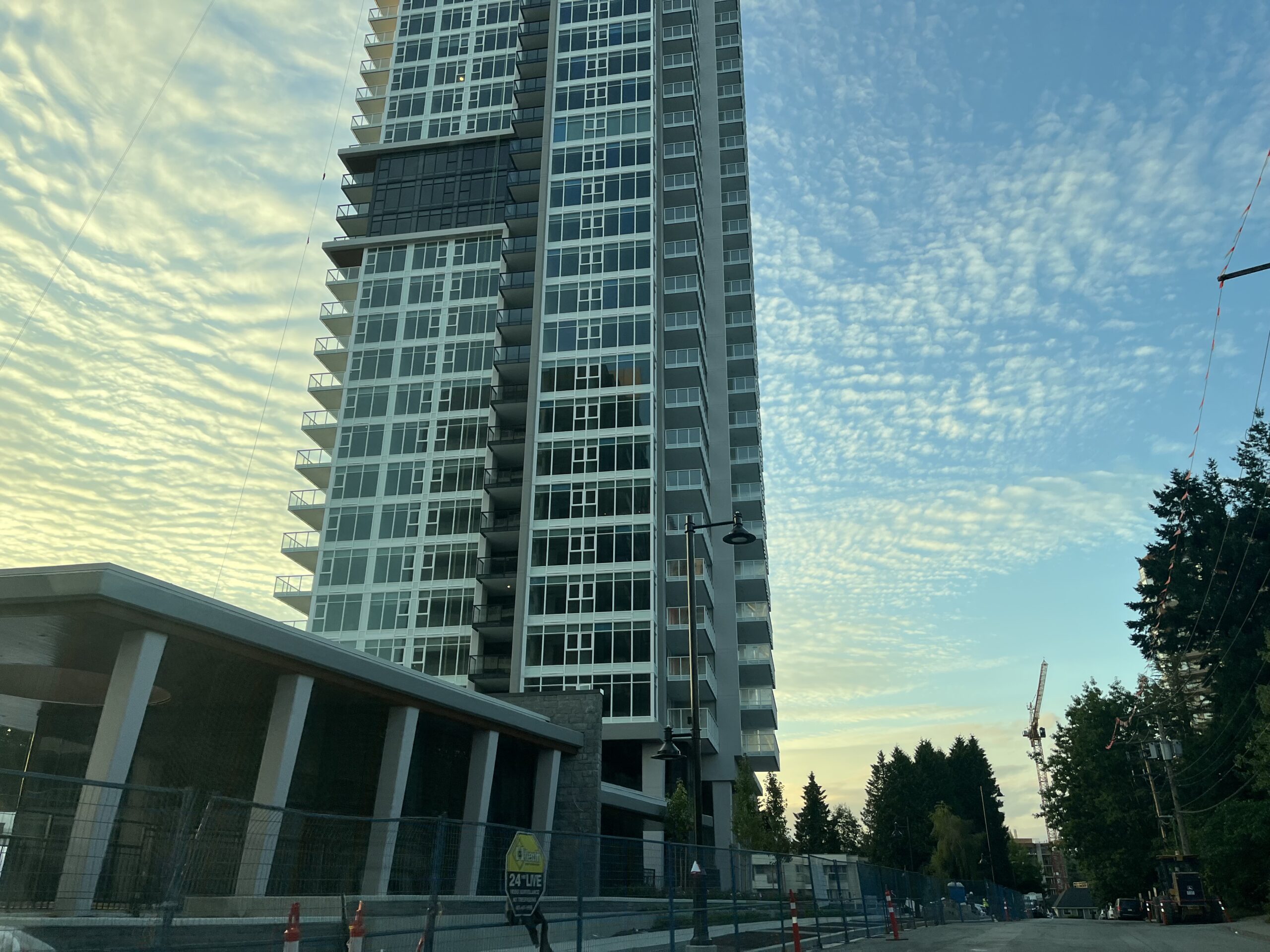Buying real estate in Vancouver has always been attractive to international buyers — with its stable economy, stunning scenery, and strong education and healthcare systems. But as of 2023, Canada’s Federal Foreign Buyer Ban has dramatically changed the landscape for non-residents looking to buy residential properties in cities like Vancouver.
In this article, we’ll break down:
- Who can and cannot buy property as a foreigner in 2025
- What types of properties are affected
- Exemptions to the ban
- How to legally buy as a foreigner
- Tax implications for non-residents
- Future outlook for foreign investment in Vancouver real estate
The Foreign Buyer Ban: Still in Effect for 2025
The Prohibition on the Purchase of Residential Property by Non-Canadians Act, commonly referred to as the Foreign Buyer Ban, was implemented in January 2023. The law was initially set to last 2 years, but in February 2024, the Canadian government extended the ban until January 1, 2027.
What the Ban Covers:
- Applies to non-Canadians (defined as anyone who is not a Canadian citizen, permanent resident, or registered under the Indian Act).
- Prohibits purchasing residential properties in census metropolitan areas or census agglomerations — which includes Vancouver, Burnaby, Surrey, Richmond, etc.
- Enforced with fines of up to $10,000 for violations.
📄 Official Source – Canada Mortgage and Housing Corporation (CMHC)
Exemptions: Who Can Still Buy in 2025?
There are specific exemptions where foreigners can legally buy property despite the ban:
- Temporary Residents with a Valid Work Permit
- Must have worked in Canada for at least 3 of the last 4 years.
- Must have filed Canadian income taxes in at least 3 of the last 4 years.
- Must not purchase more than one residential property.
- International Students
- Must be enrolled in a designated learning institution for at least 5 years.
- Must have filed Canadian income tax returns for 5 years.
- Limit of one property under $500,000.
- Refugees
- Recognized under the Immigration and Refugee Protection Act.
- Non-Residential Property
- Foreigners can still buy commercial real estate, vacant land (if not zoned for residential), or multi-unit rental buildings over four units.
- Properties in Rural Areas
- The ban does not apply to properties outside census metropolitan areas. Some small towns and rural BC communities are exempt.
🗺️ Use this CMHC Map Tool to see if a property location is included in the ban.
Can a Foreigner Buy Property Through a Corporation?
Buying through a Canadian corporation that is controlled by a non-resident is also prohibited under the Act. However, some foreigners have partnered with Canadian citizens or permanent residents to invest legally.
If you’re exploring this route, it’s strongly advised to consult a real estate lawyer.
Taxes and Fees for Foreign Buyers (If Exempt)
If you fall under an exemption and can legally buy, remember that additional taxes still apply:
- Property Transfer Tax (PTT)
- Paid on all real estate transactions in BC.
- Standard Rate:
- 1% on the first $200,000
- 2% on the portion from $200,000 to $2 million
- 3% on amounts over $2 million
- 5% on amounts over $3 million for residential property
- More info: BC Government PTT Info
- Speculation and Vacancy Tax (SVT)
- Applies to empty homes in certain regions, including Vancouver.
- Foreign owners pay a 2% annual tax on the property’s assessed value.
- Learn more: Speculation Tax BC
- Empty Homes Tax (EHT – City of Vancouver)
- An additional 3% tax on properties left vacant in Vancouver.
- More info: City of Vancouver EHT
Can You Buy Pre-Sale Condos as a Foreigner?
As of 2025, pre-sale condos are considered residential property and are still covered under the foreign buyer ban.
Even though ownership may not transfer until 2–3 years later, your purchase agreement counts. If you’re a non-Canadian, this would violate the federal ban — unless you qualify for an exemption.
Be cautious with assignment sales (selling a pre-sale before it completes) — these too can be subject to legal scrutiny under the Act.
What If You’re Moving to Canada Soon?
If you’re in the process of becoming a permanent resident, you’ll have to wait until your status is officially approved to avoid violating the law.
You can begin researching neighborhoods, meeting with Realtors®, and securing financing, but do not sign any purchase contracts until you’re legally allowed to.
Will the Ban Lower Vancouver Home Prices?
One of the intentions behind the ban was to cool housing prices by reducing foreign demand.
However, experts suggest the ban’s impact has been minimal because foreign buyers were already a small fraction (less than 2%) of BC real estate transactions even before the ban.
“This policy is more political than practical. The bigger drivers of affordability remain low housing supply and high demand from within Canada,” says Brendon Ogmundson, Chief Economist at the BC Real Estate Association.
Source
Final Advice for Foreigners Interested in Buying in Vancouver
✅ Check your eligibility under exemptions
✅ Stay updated with current federal and provincial laws
✅ Avoid buying through loopholes — penalties are severe
✅ Consider alternatives like commercial real estate or investing through REITs
Useful Resources
- CMHC Official Foreign Buyer Ban Details
- BC Property Transfer Tax Info
- Speculation & Vacancy Tax BC
- Empty Homes Tax (City of Vancouver)
- Renting vs Buying in Vancouver: Which Is Better in 2025?
- Is It Worth Renovating Before Selling Your Vancouver Home?
- Is It Better to Buy a Pre-Sale or Resale Condo in Vancouver?
My name is Jay, a longtime Metro Vancouverite sharing local real estate tips and my own photos of the city’s homes and neighbourhoods here on Vancouver Home Hub. Hope you find my blog useful! Feel free to reach out anytime at vancouverhomehub@gmail.com if you have questions.


Leave a Reply